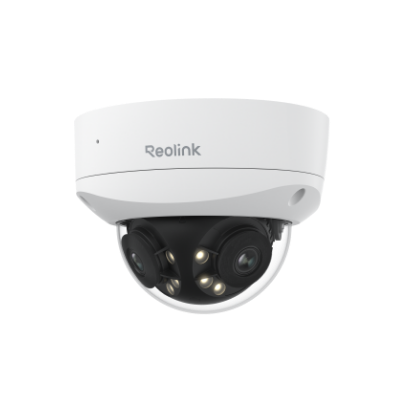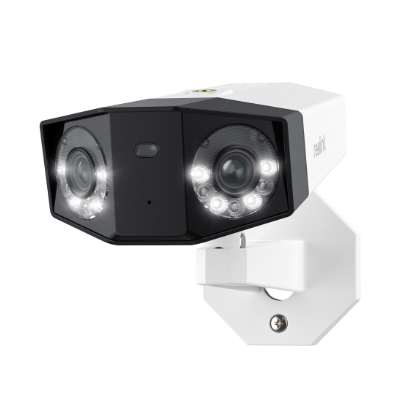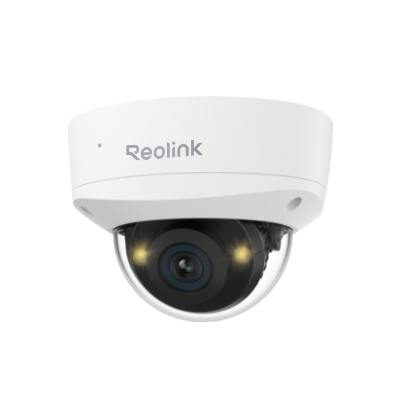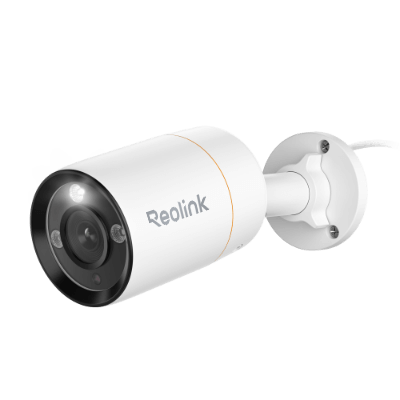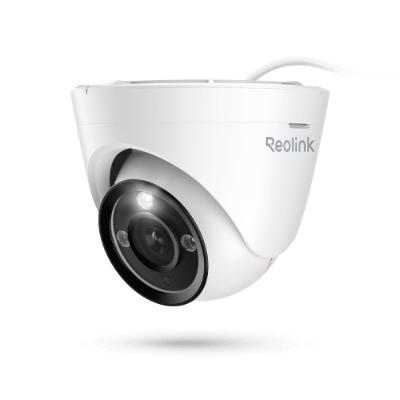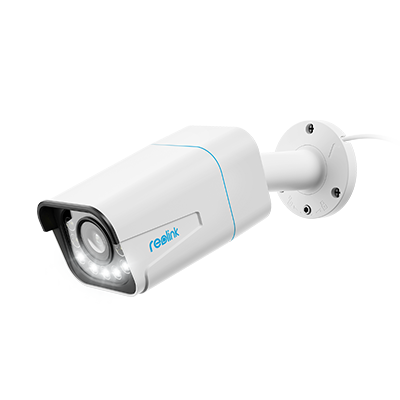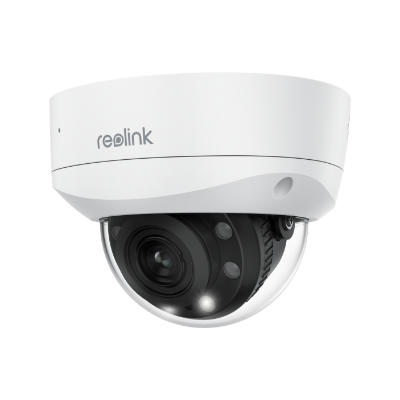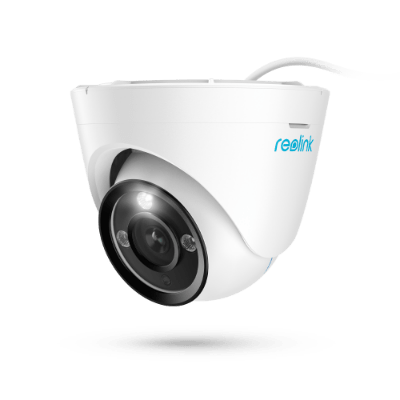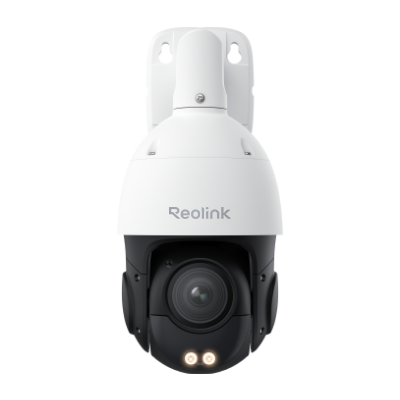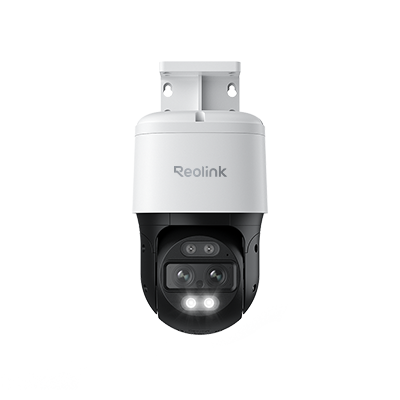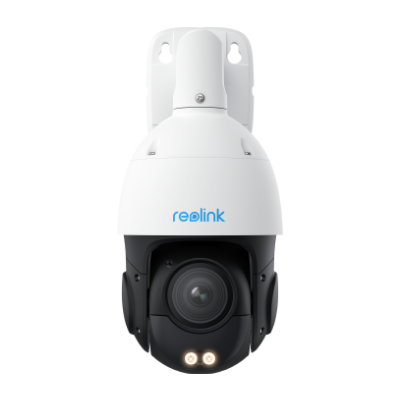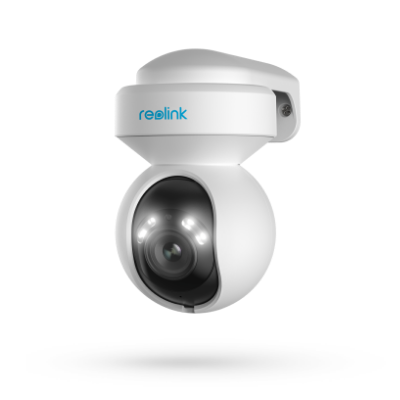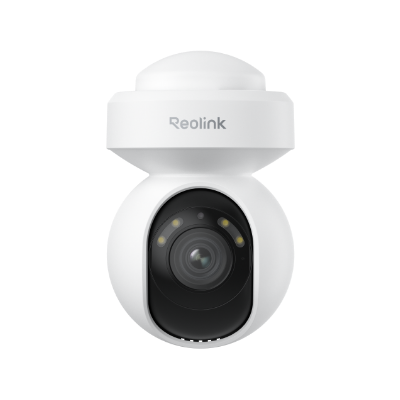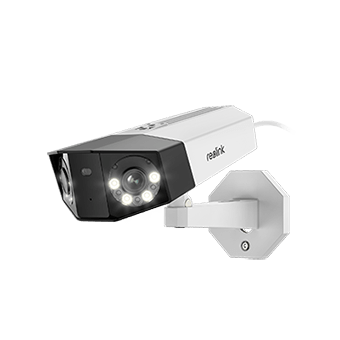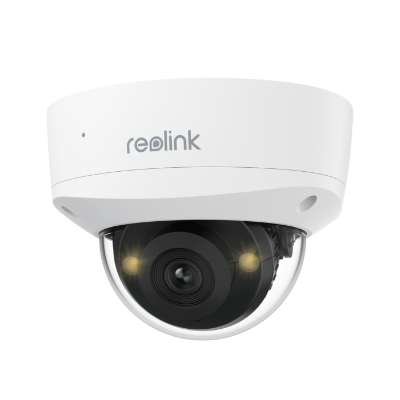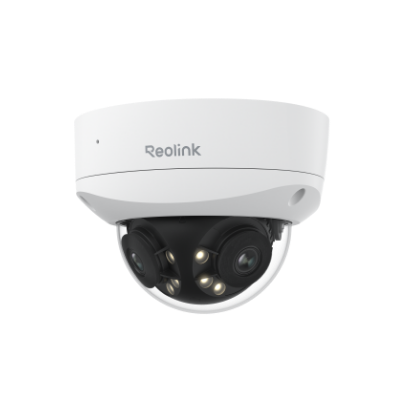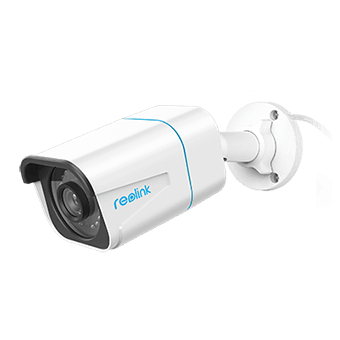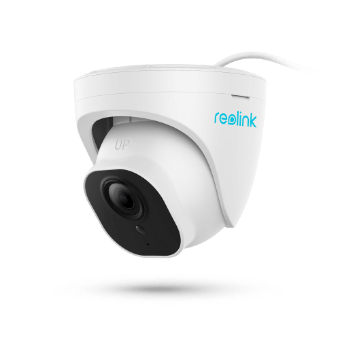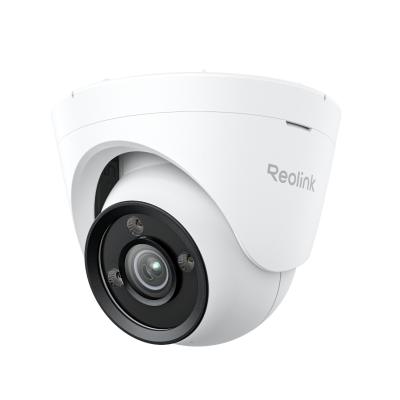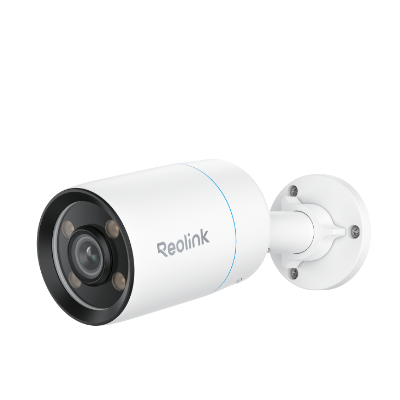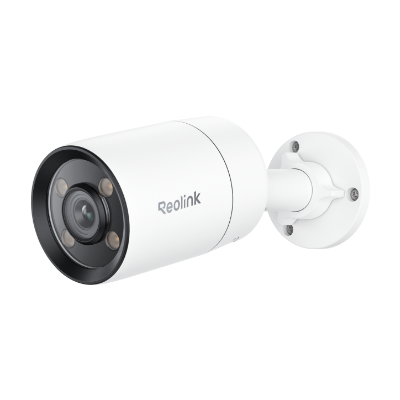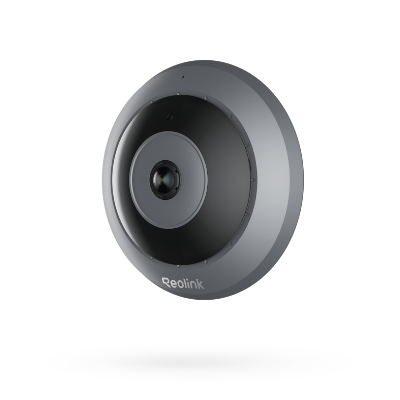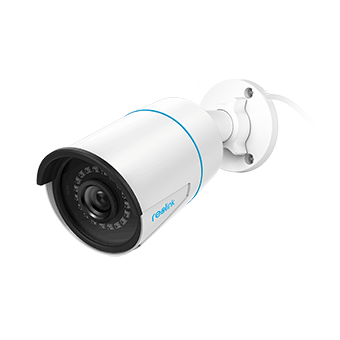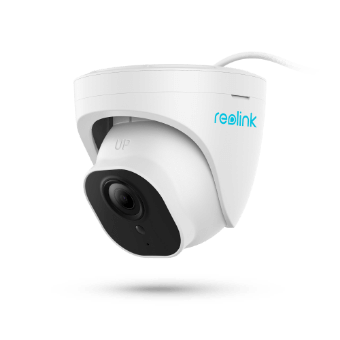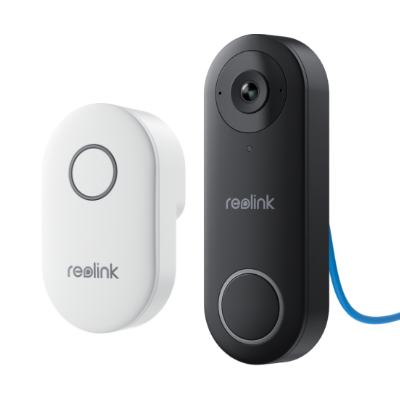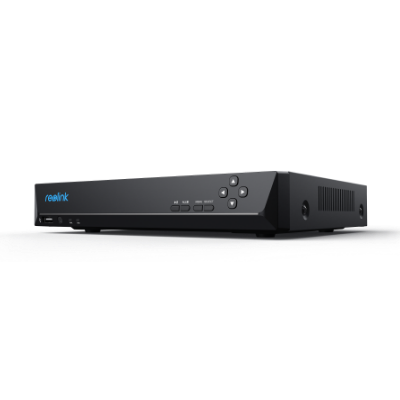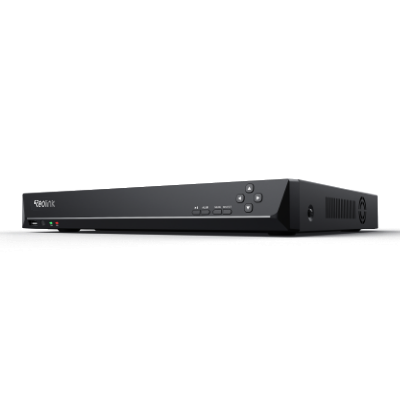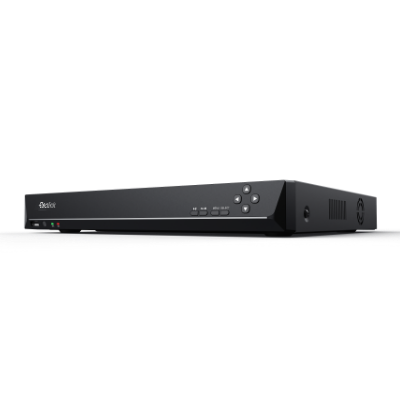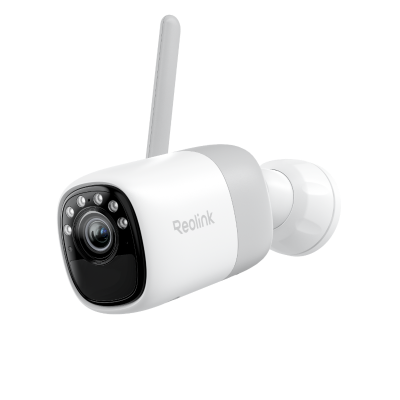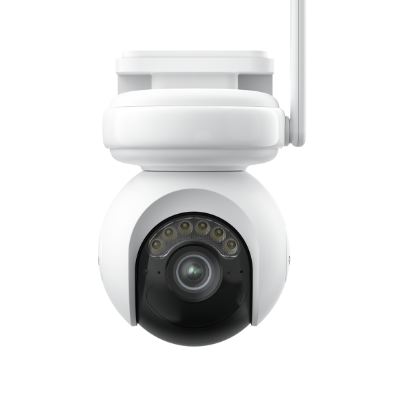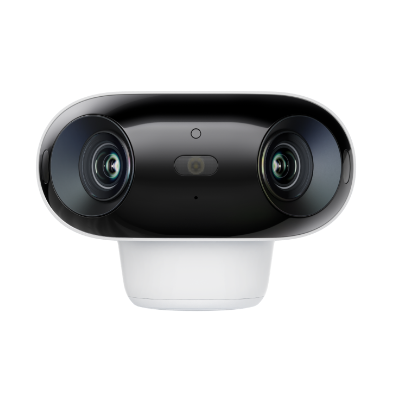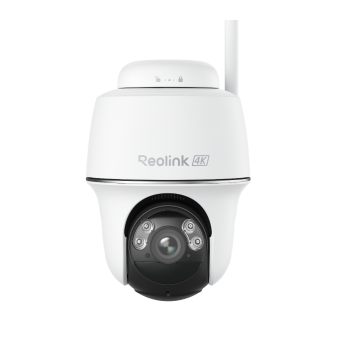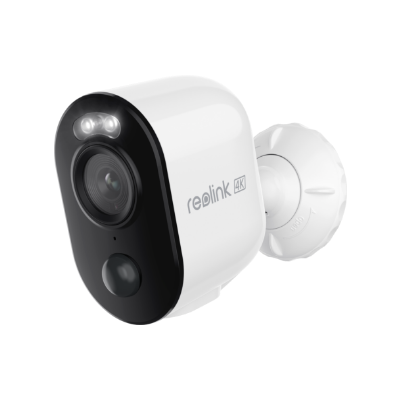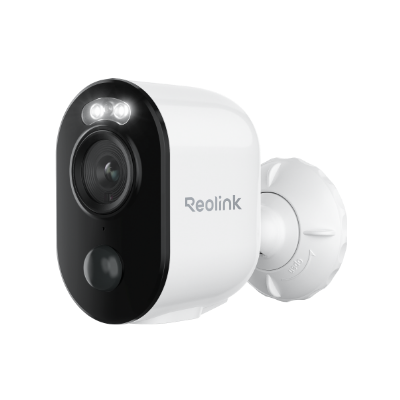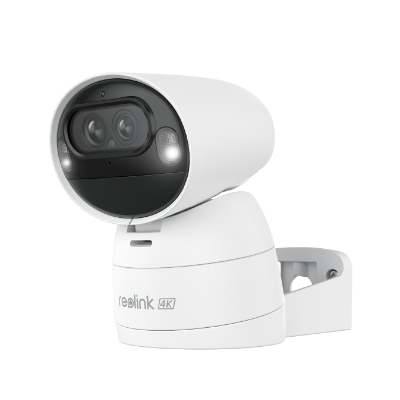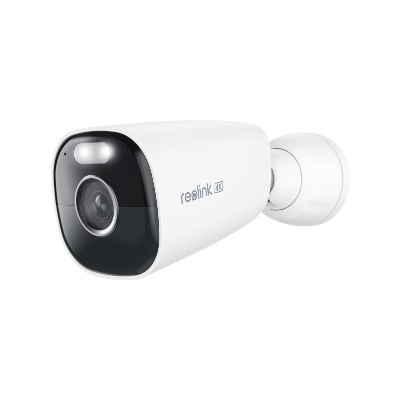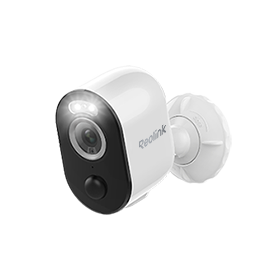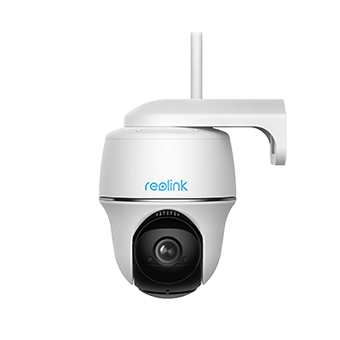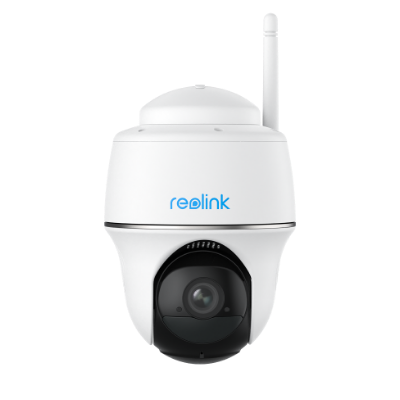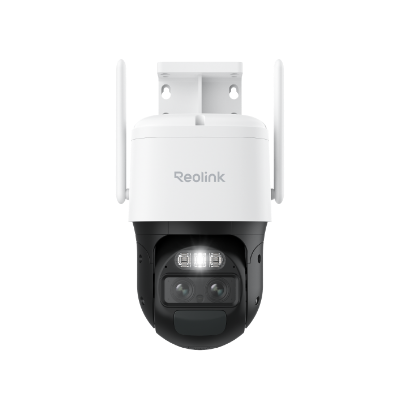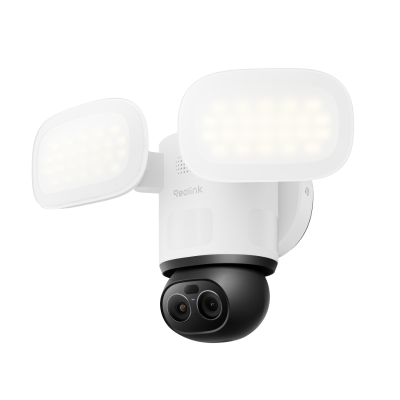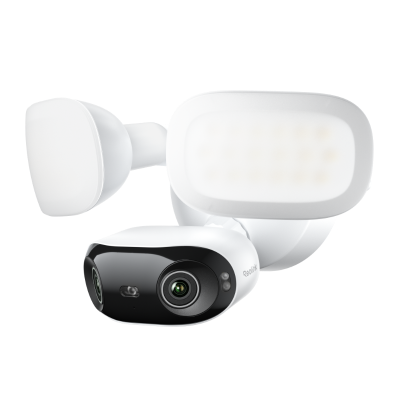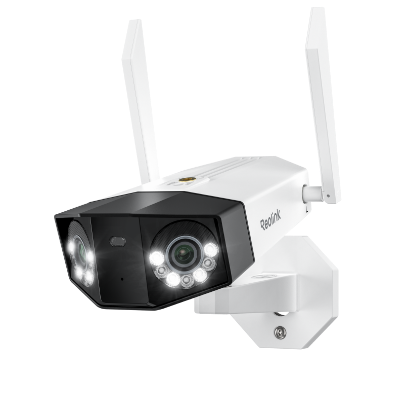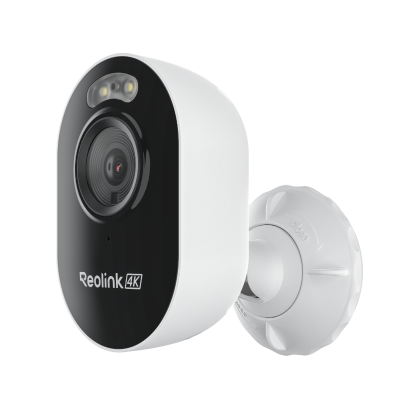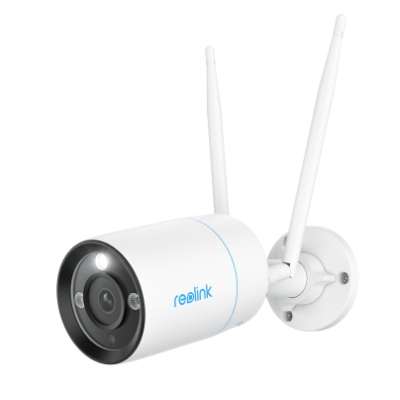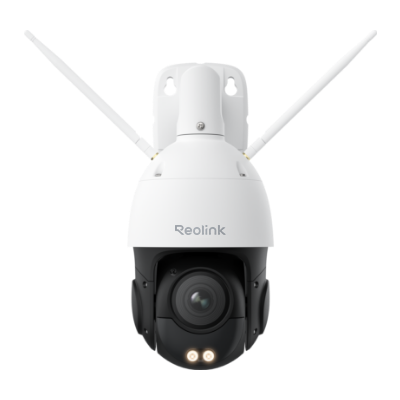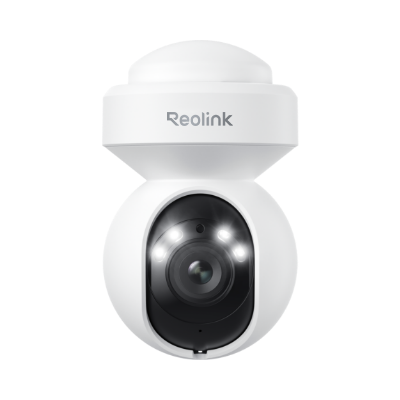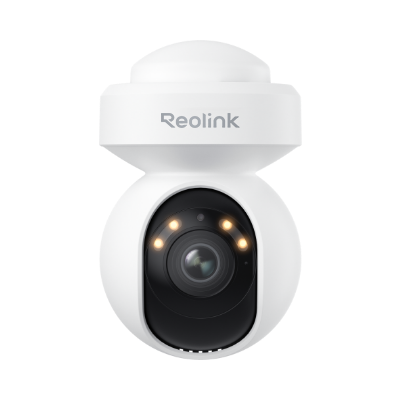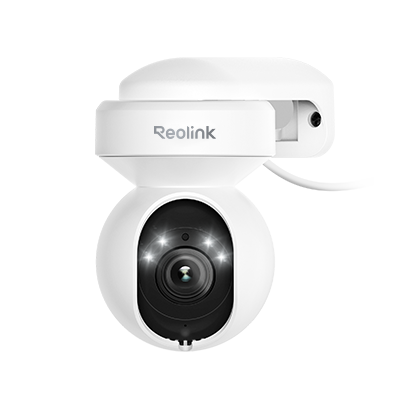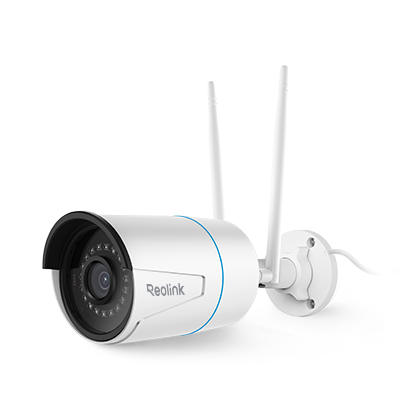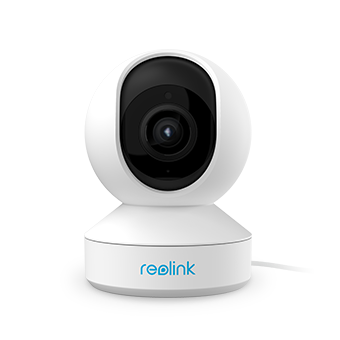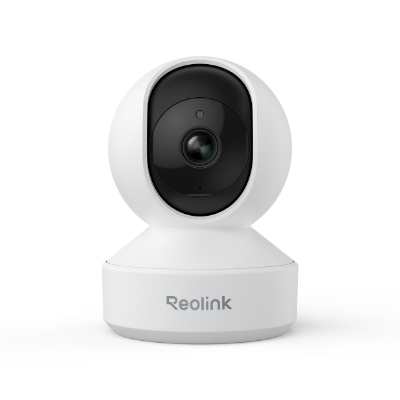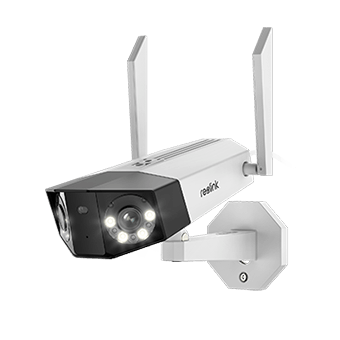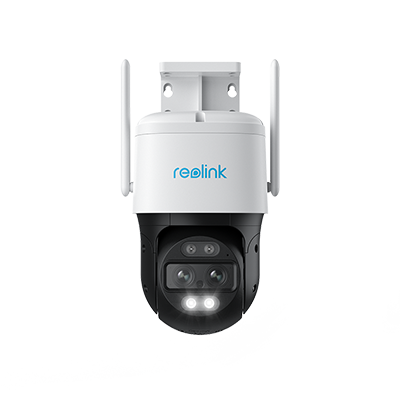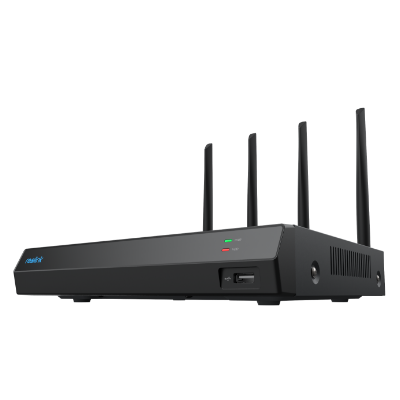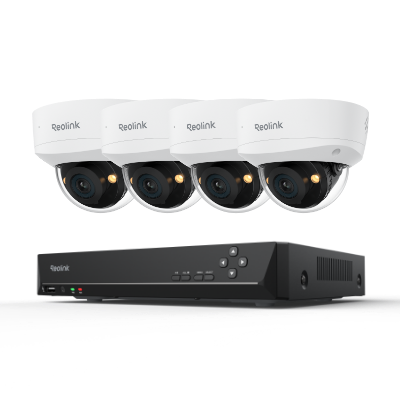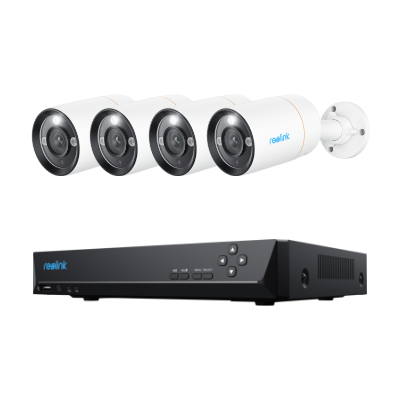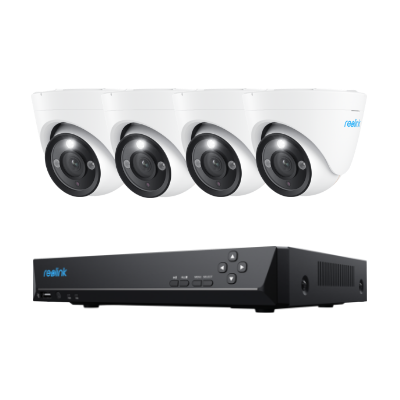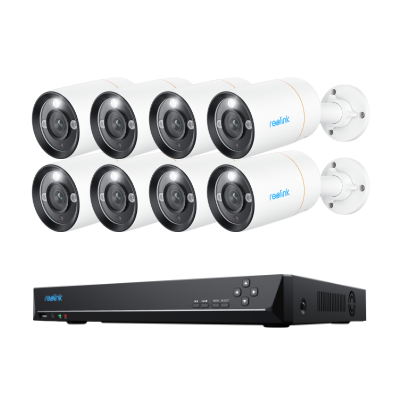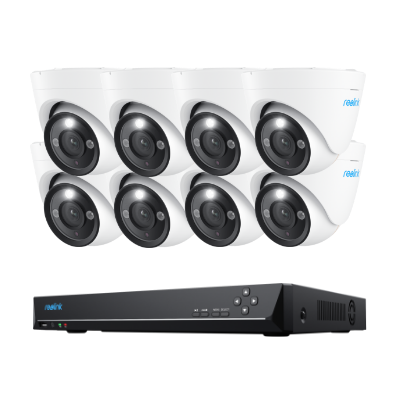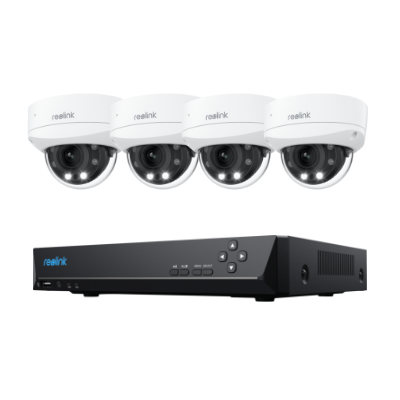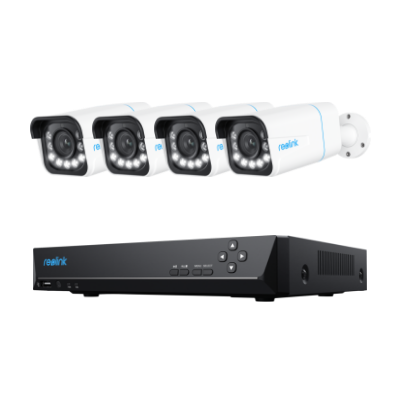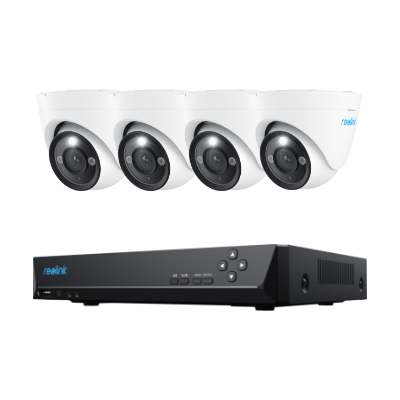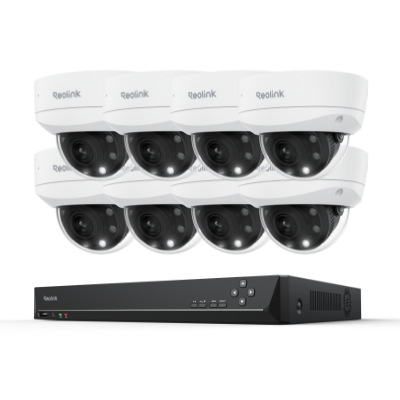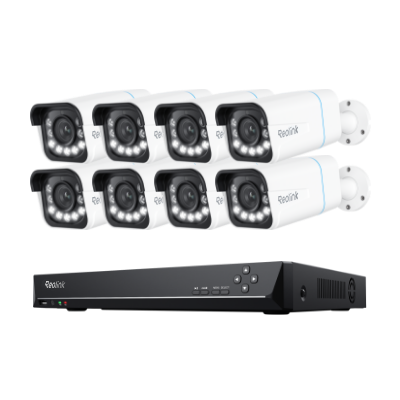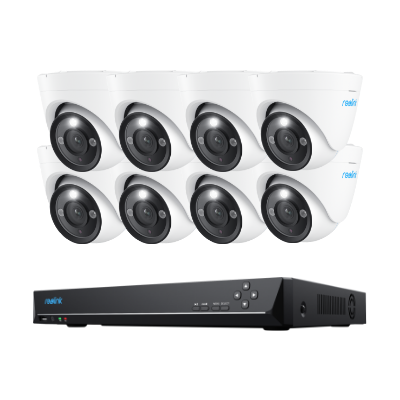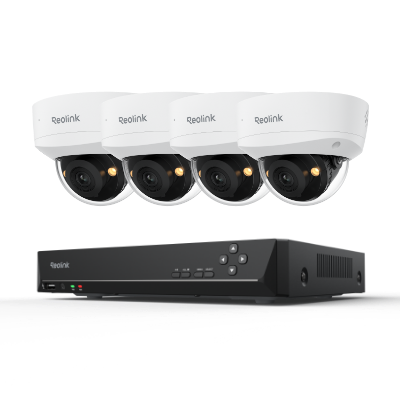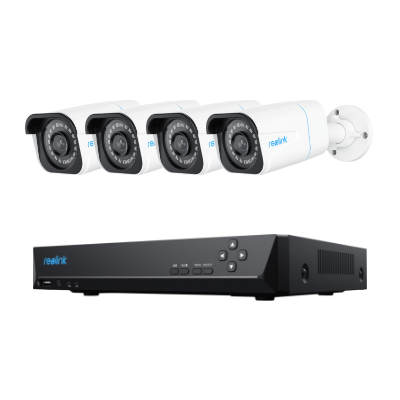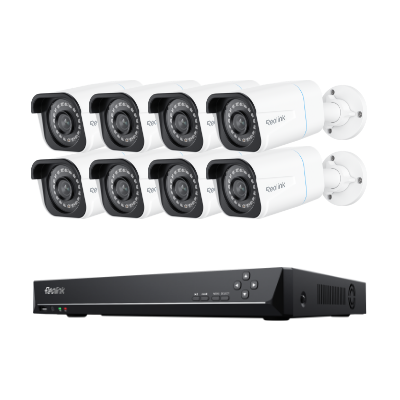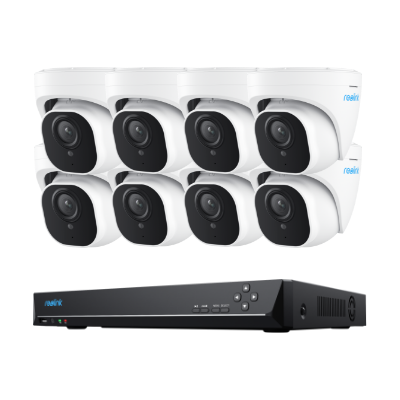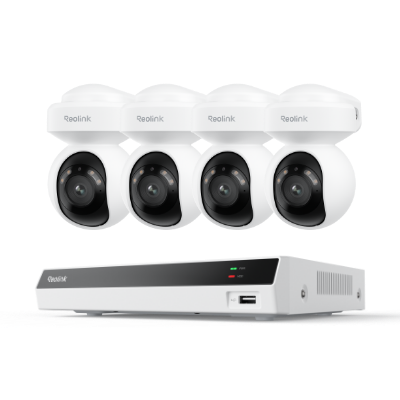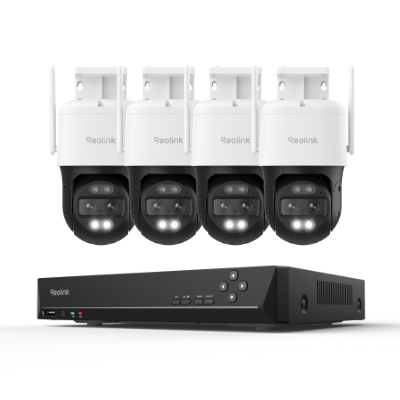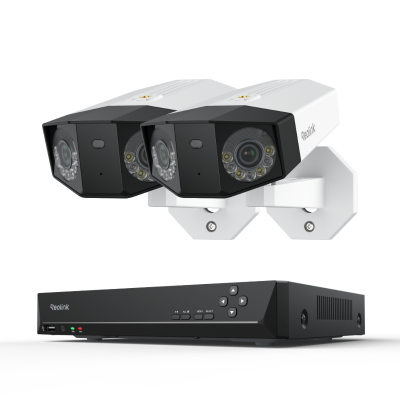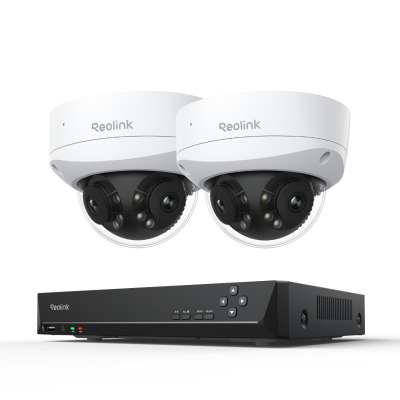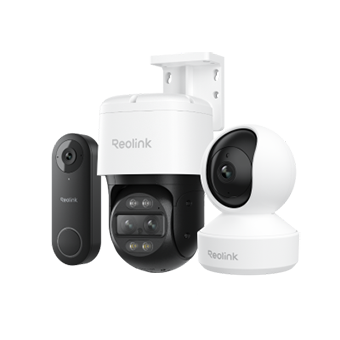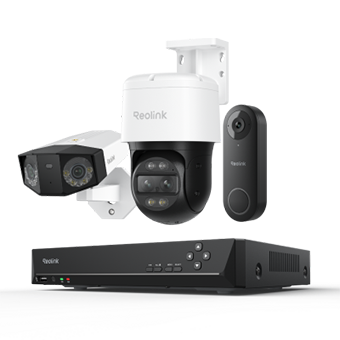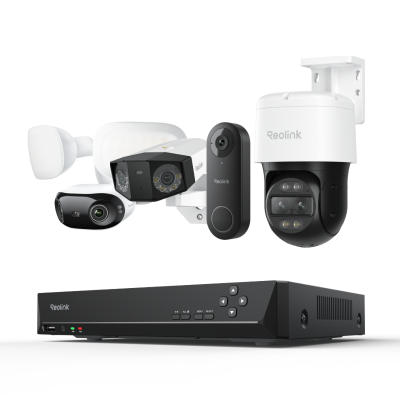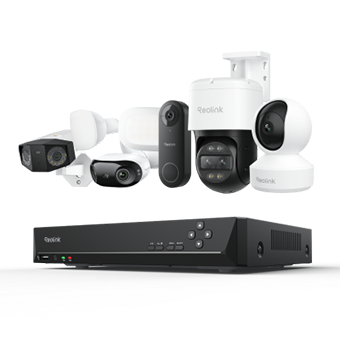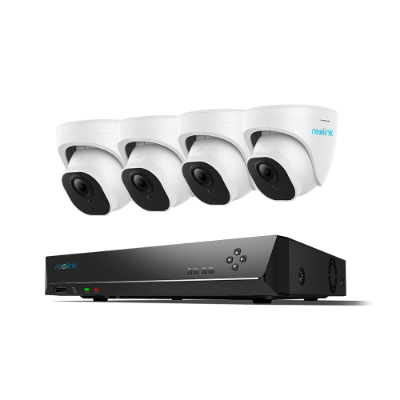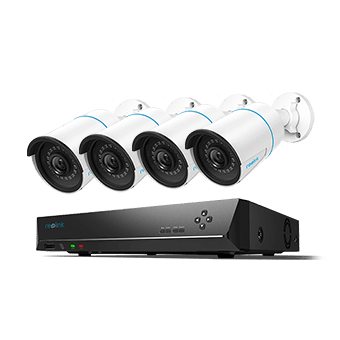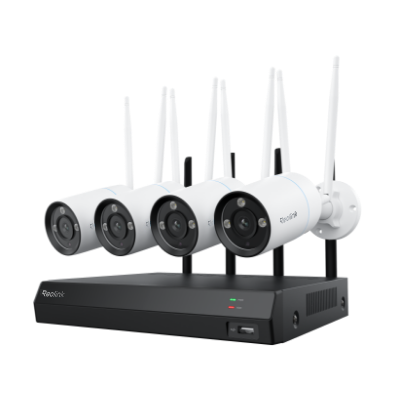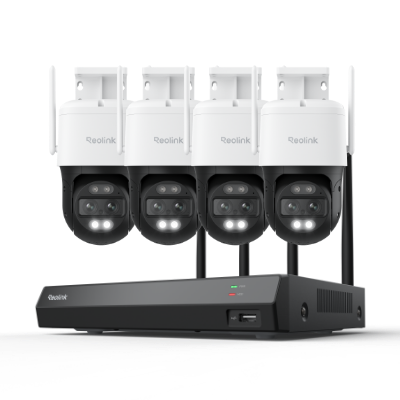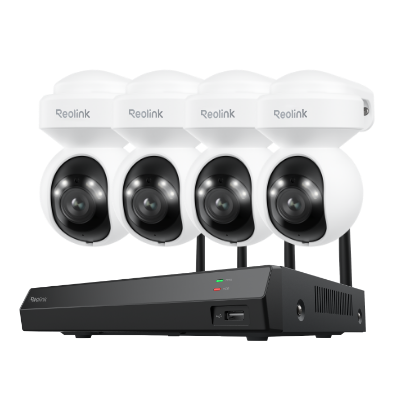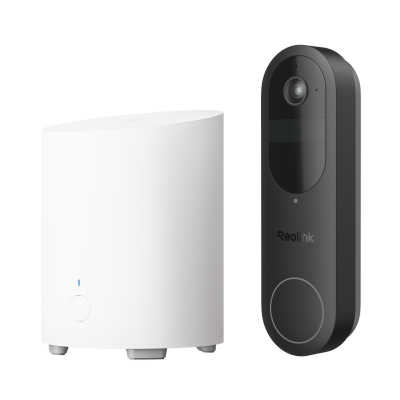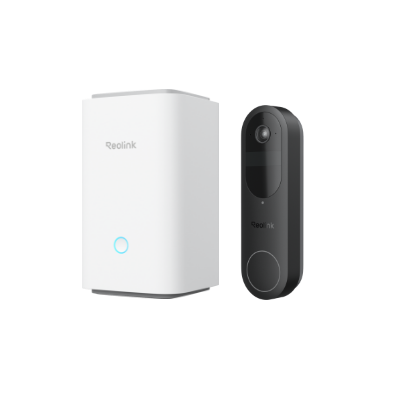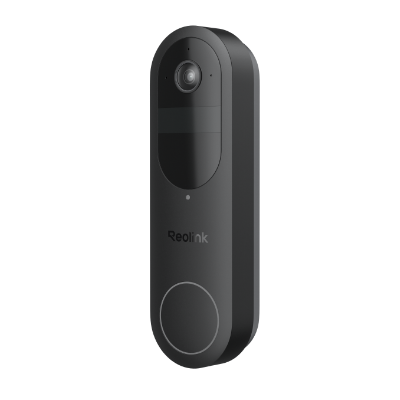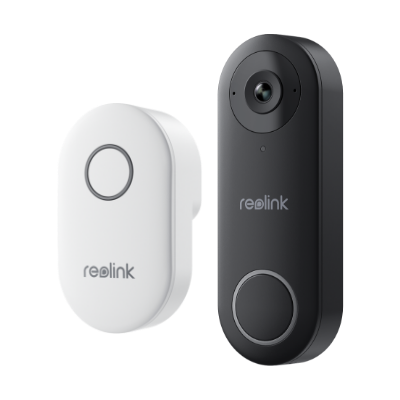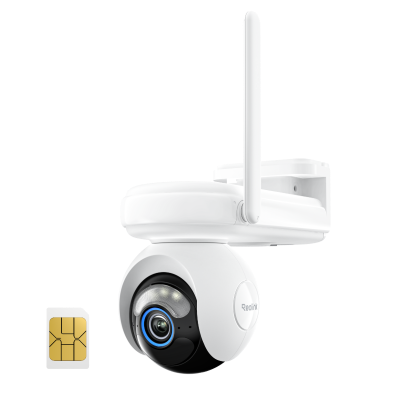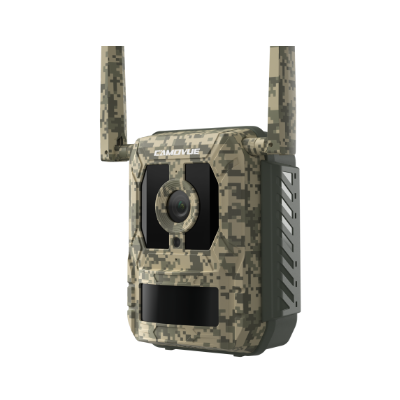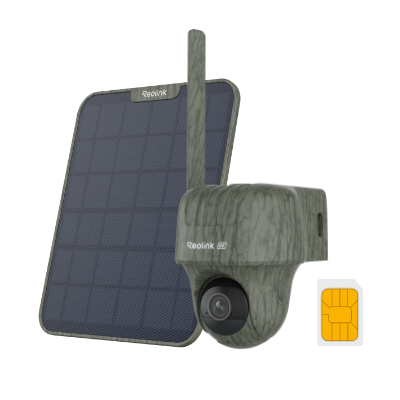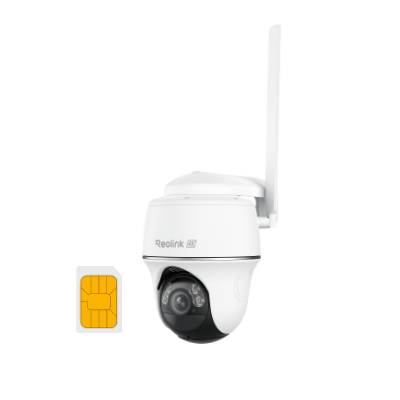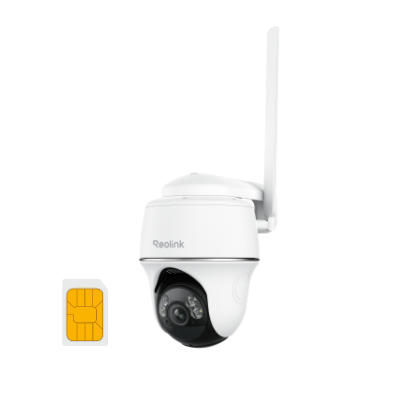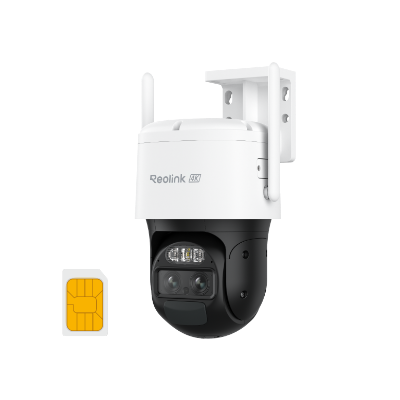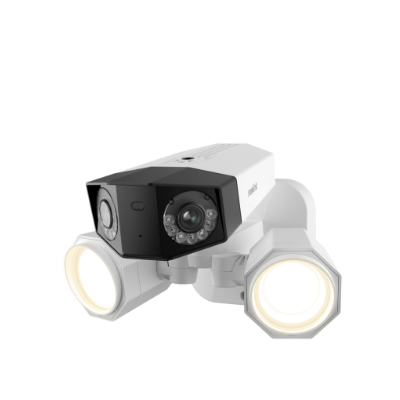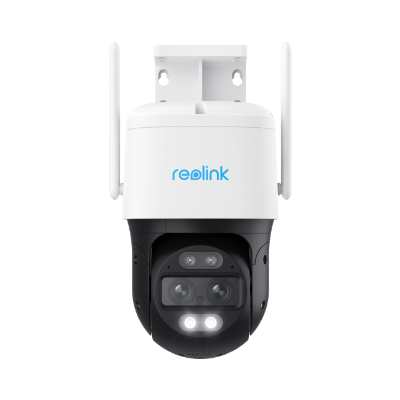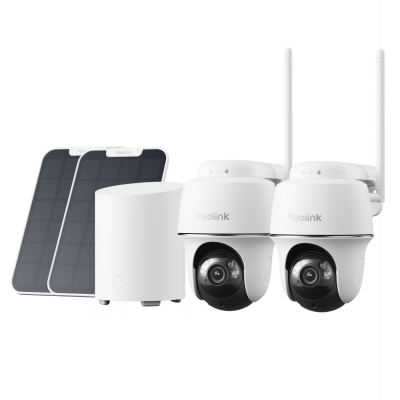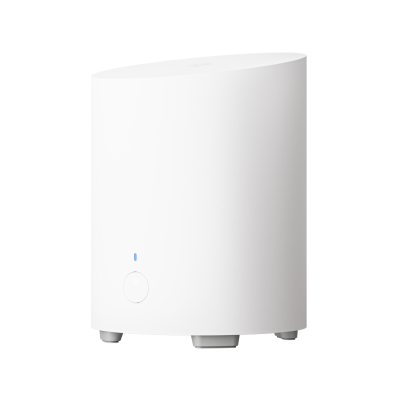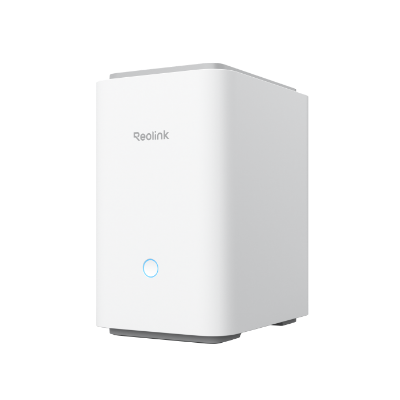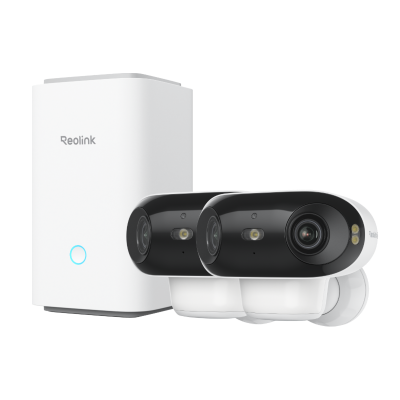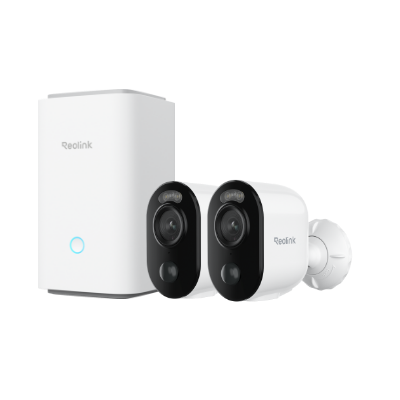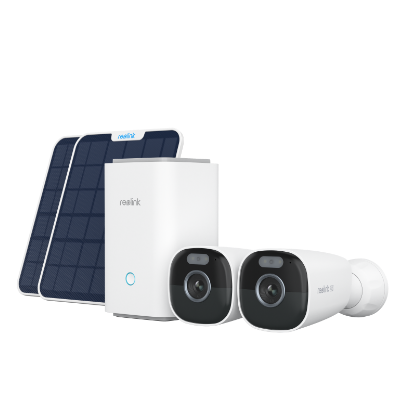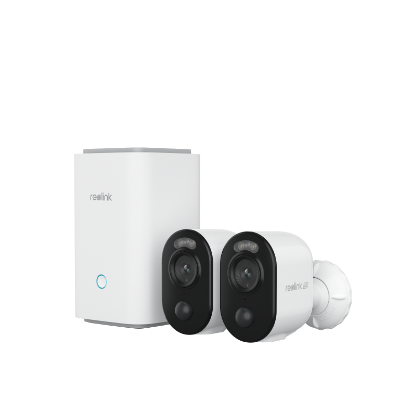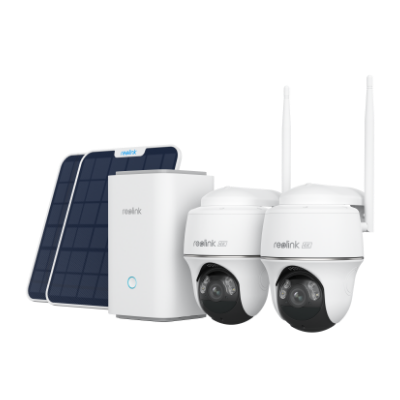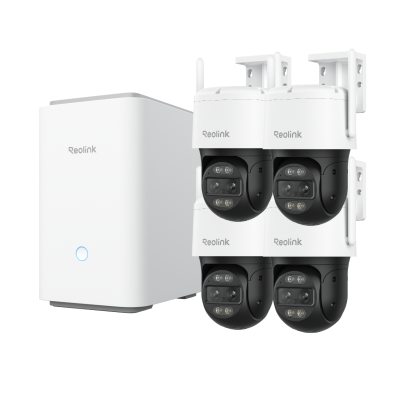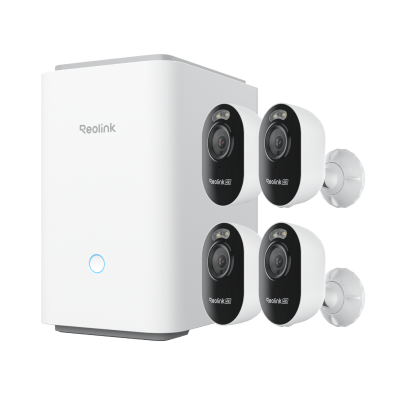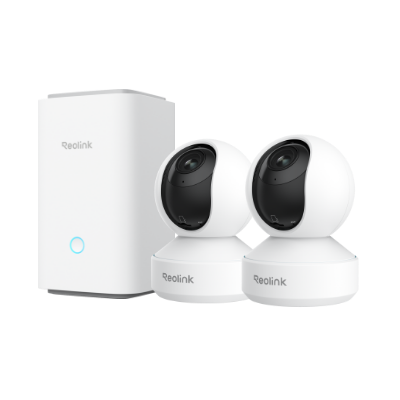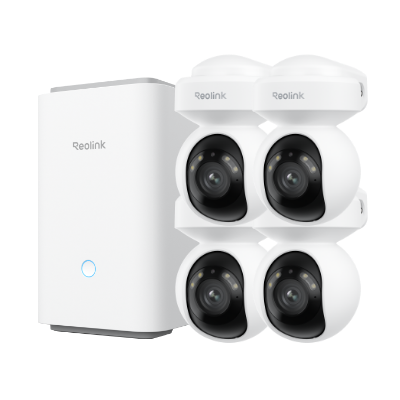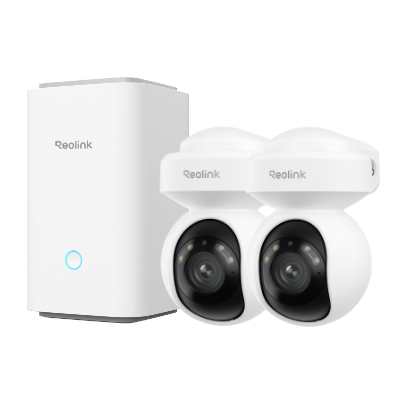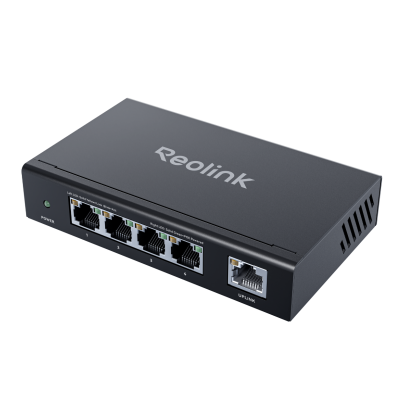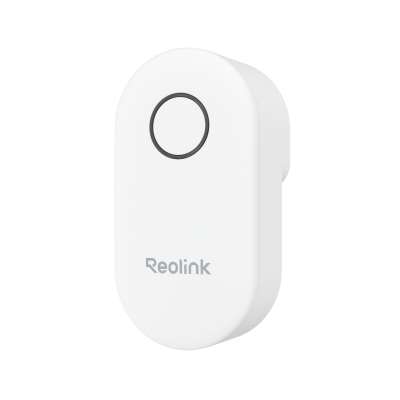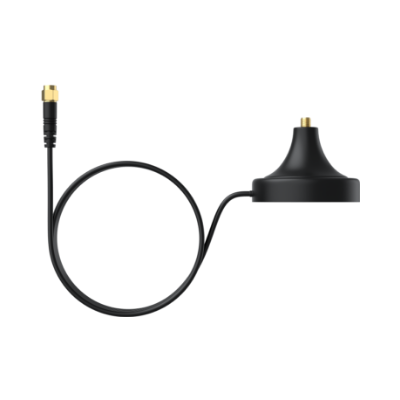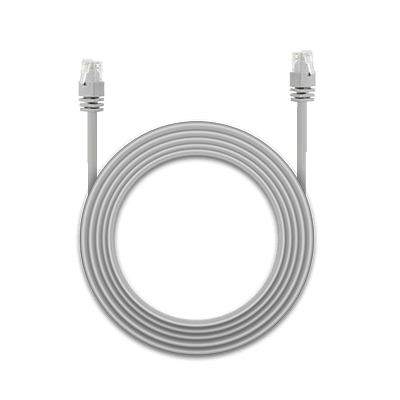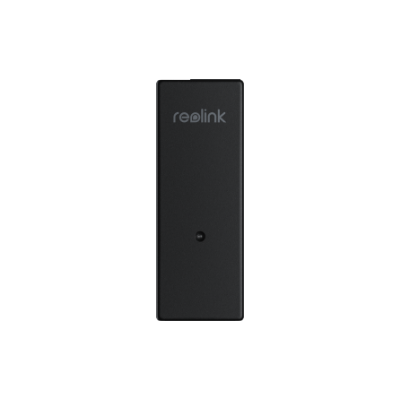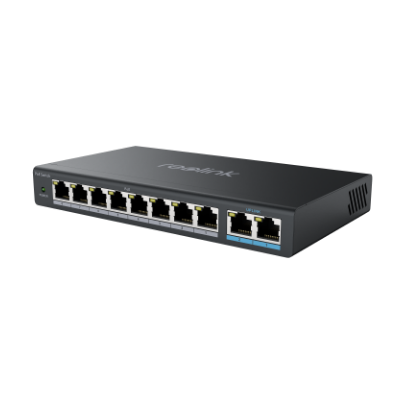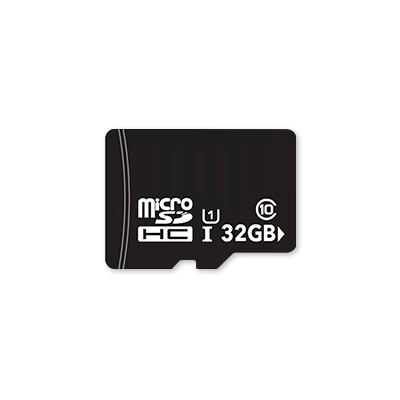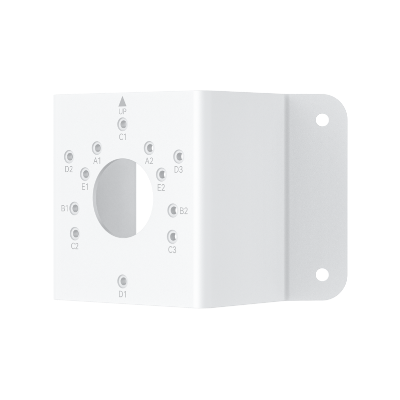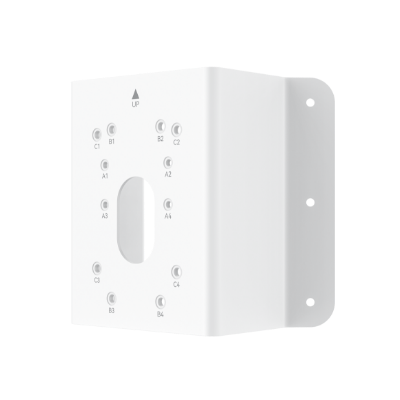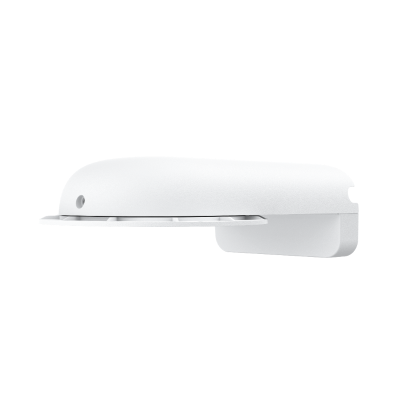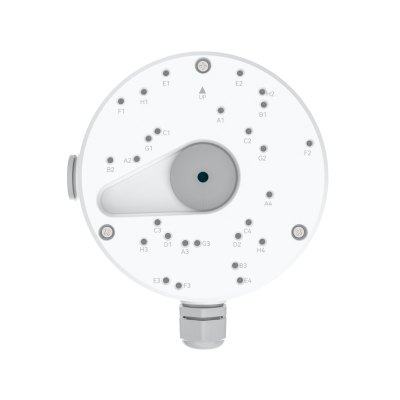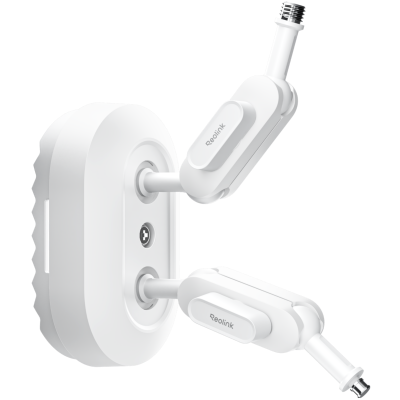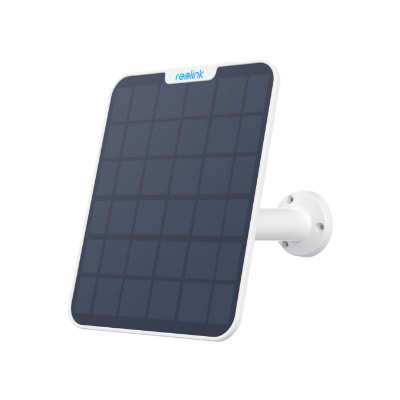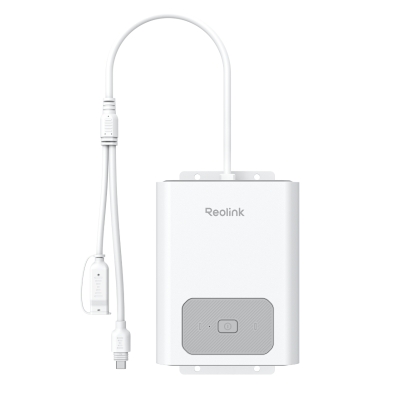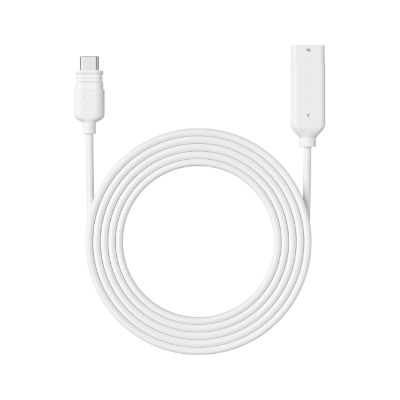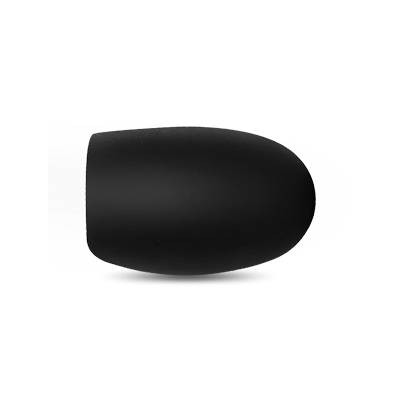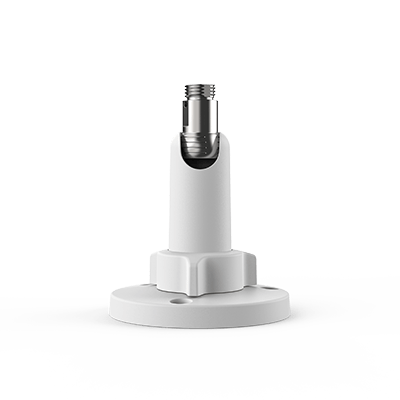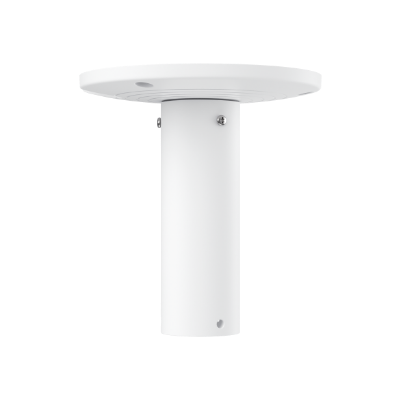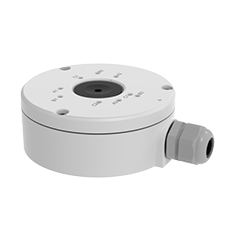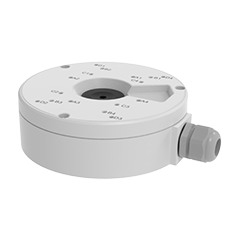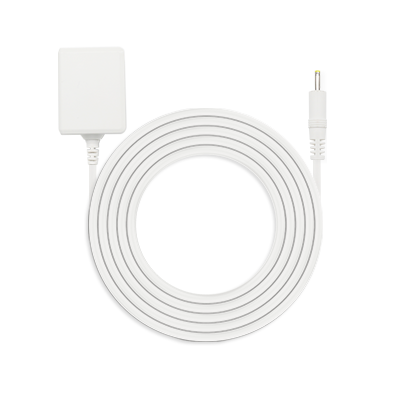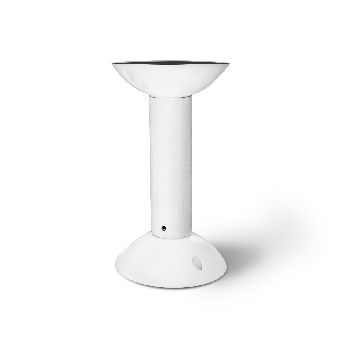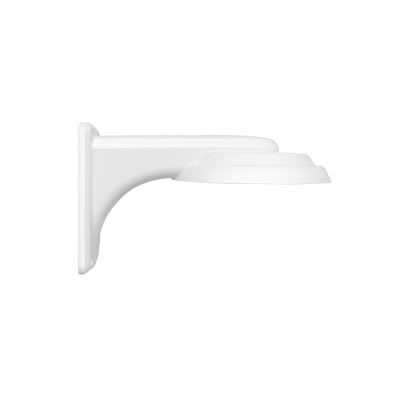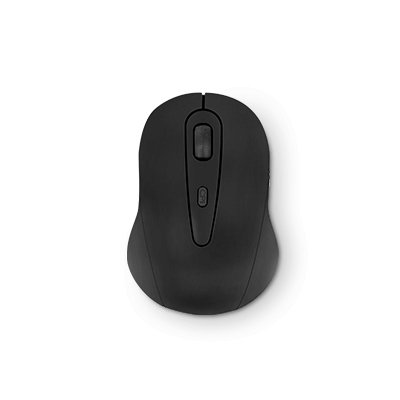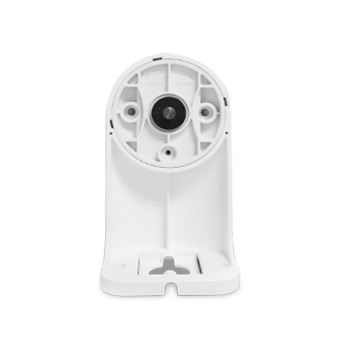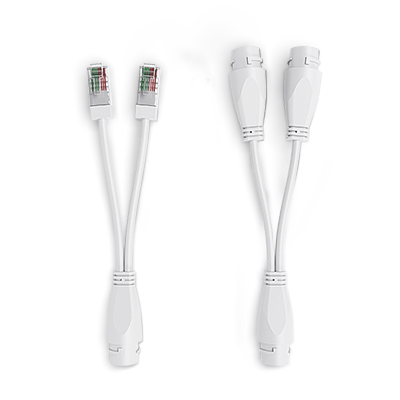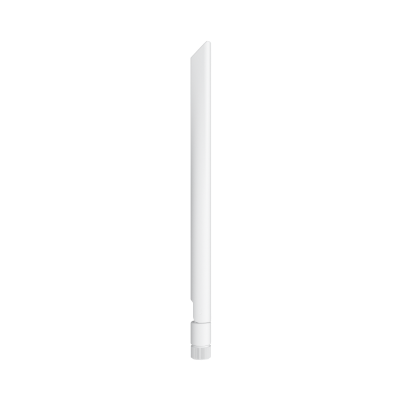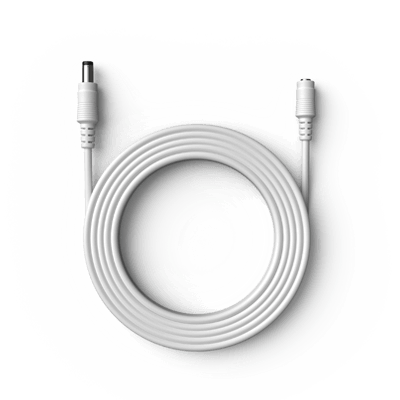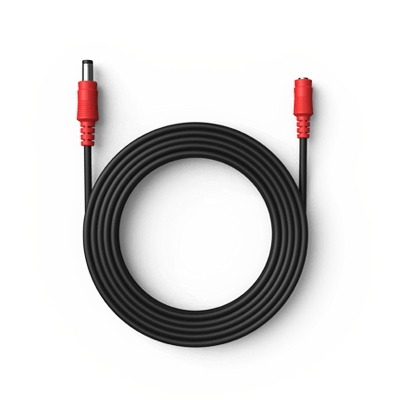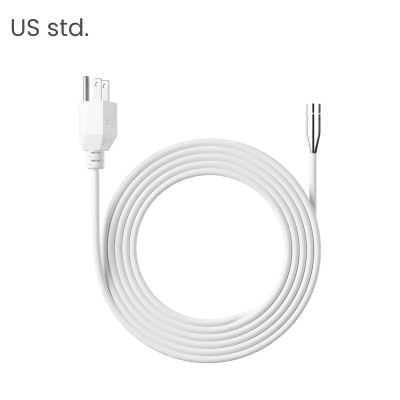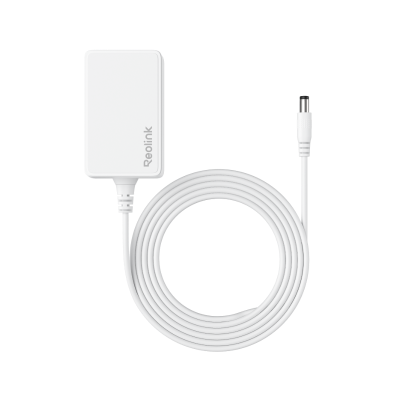Are Smart Locks Safe? Everything You Need to Know
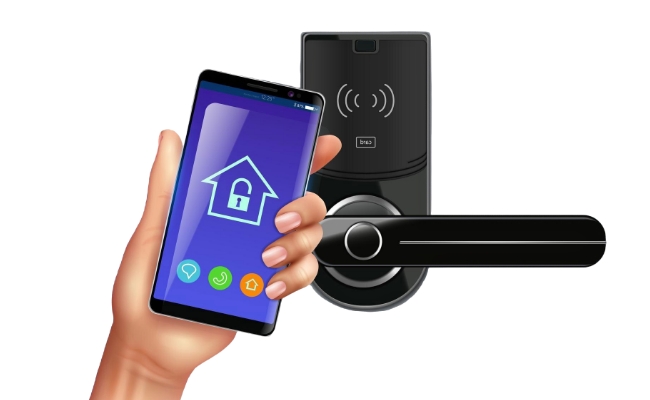
As smart home technology becomes more advanced, the innovative smart door locks are revolutionizing how people secure their homes. However, old-fashioned lockouts seem to have been left behind by these contemporary electronic locks, which provide keyless convenience, remote access control, and integration with other systems.
In this extensive guide, let’s delve into the question of are smart door locks safe or not. Then, we compare smart locks versus regular locks for all their safety features.
Smart door locks and video doorbells are a great way to boost security at your front door. Take advantage of Reolink’s Holiday Sales for exclusive discounts!
Reolink Security Camera Sale - Secure Your Home with Huge Savings!
Save big with Reolink! Special deals on security cameras, doorbells, and systems.
Are Smart Locks Safe?
Yes, smart locks are safe options for home security. Most door lock models incorporate encrypted protocols, anti-hack protections, tamper alerts, and other security measures to ensure front door security.
However, no security product is 100% hack-proof. Smart locks connect to the internet and mobile apps, so there's always a slight risk of hacking or data breaches. Limited mechanical overrides in some electronic-only models also raise safety concerns in emergency situations. Overall, though, modern smart locks provide robust security that meets or exceeds traditional locks.
Are Smart Door Locks Safer Than Traditional Locks?
In many regards, smart door locks offer improved home security compared to traditional key locks. See how the two compare:
While smart locks introduce some cybersecurity considerations traditional locks don’t face, their extensive security protections and remote monitoring capabilities provide substantial improvements for many households.
How Safe Are Smart Locks?
With comprehensive security protections, smart locks provide dependable safety that meets or beats traditional locking systems. Core safety features include:
- Limited Access - Custom codes and permissions allow owners to restrict access only to authorized users.
- Keyless Entry - No physical keys are required to steal or replicate, which provides inherent safety benefits.
- Remote Control - Lock/unlock doors from anywhere for convenient security monitoring.
- Integration - Connect smart locks with security systems and cameras for expanded protection.
- Nighttime Illumination - Brightly lit keypads provide visibility for entering access codes in the dark.
Smart Door Locks: Pros & Cons
Pros:
- Keyless entry via codes, fingerprints, apps
- Customized access for family, guests, and service providers
- Remote locking/unlocking capability
- Integration with other smart home devices
- Tamper alerts and notifications
- Battery backup in case of power failure
Cons:
- Potential for hacking/data breaches
- Mechanical overrides may be limited
- Higher upfront costs than standard locks
- Possible connectivity issues
Are Smart Key Locks Safe?
Keypad smart locks allow keyless door access through manual code entry instead of keys. Though this electronic interface seems vulnerable, sturdy metal bodies and tamper-proof designs protect the keypad from physical attacks.
For hacking threats, keypad locks utilize complex encryption, security protocols, and incorrect code lockouts. Anti-tailgating features even detect unauthorized entry attempts. Keypad smart locks rank among the most secure electronic lock options, combining physical resilience with cybersecurity technology.
Are Electronic Smart Door Locks Safe?
Electronic door locks refer to keyless smart locks operated via keypad, touchscreen, biometric scan, smartphone, or other electronics. So, are electronic locks safe? As with any internet-connected device, network vulnerabilities exist, but electronic smart locks provide multilayered encryption and security features to minimize this risk.
With no physical keys to copy or lose, electronic locks avoid many traditional lock security issues. Their digital access logs also improve accountability when shared spaces need to trace entries. For home and business use, electronic smart locks deliver efficient security that exceeds old-fashioned locking systems.
Are Smart WiFi Locks Safe?
WiFi-enabled smart locks allow for wireless remote operation via smartphone apps and virtual assistants. This convenient connectivity raises some security concerns, especially with older WiFi protocols.
Modern smart locks use the latest WiFi encryption standards to greatly minimize hacking risks. They compartmentalize app functions to limit exposure, too. Users still need to practice basic network security with strong passwords and updated firmware/apps. Overall, though, reputable WiFi smart locks provide the features and technology for safe operation.
FAQs
Can Smart Locks Be Hacked?
Like any internet-connected device, smart locks face some degree of hacking risk. However, reputable electronic lock brands incorporate advanced cyber protections into their products, using encryption methods on par with banking and national security standards. This greatly minimizes the threat of malicious attacks. Properly securing your home WiFi network adds another layer of protection.
What are the risks of smart door locks?
Potential smart lock risks include hacking, lost phone app connectivity, limited mechanical overrides, and technology malfunctions blocking access. Following cybersecurity best practices in setting up and using smart locks reduces these risks. Mechanical key overrides, backup batteries, activity notifications, and redundancy plans provide additional safeguards as well.
Are digital locks safer than key locks?
With enhanced access control and monitoring, digital smart locks offer improved safety compared to old-fashioned metal key locks in many regards. However, smart locks also introduce some cybersecurity considerations that traditional locks don’t face. Overall, modern electronic locks provide robust protections on par with or exceeding physical key locks for both home and business use.
Conclusion
Smart locks provide security that’s efficient and customized, something traditional locks can’t compete with. Core safety features consist of encrypted access control, tamper alerts, remote monitoring, and integration with other systems. The top smart lock brands have some heavy-duty protections against hacking built into their products; it's what lets electronic locks stack up to the toughest security standards.
Since no system is perfect, families and businesses can put their trust in smart locks so they can open and lock a facility conveniently without raising any worries. Would you feel confident using smart locks now? Please let us know your thoughts below!
Search
Subscribe for the Latest Updates
Security insights & offers right into your inbox

